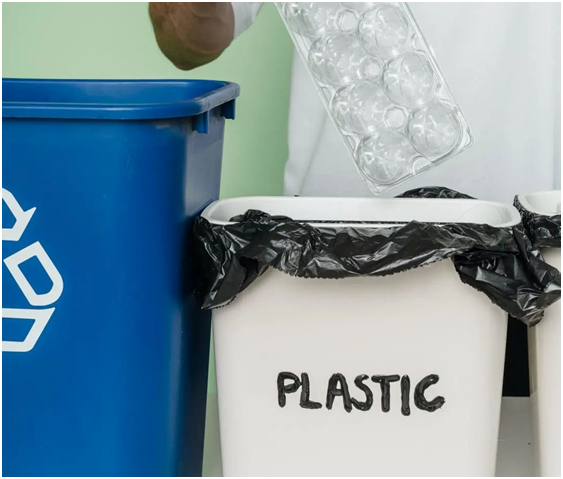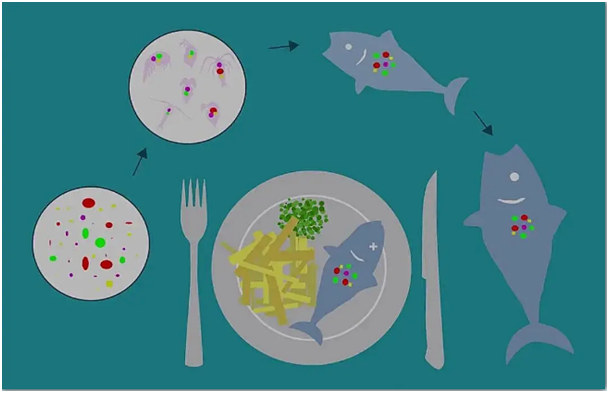©Copyright 2019 SIKO POLYMERS (SUZHOU) CO., LTD All rights reserved.Site Map Powered by iwonder.cn
- Email Uskevin@sikopolymers.com


1. What is biodegradable material?
The definition of biodegradable plastics, it is to point to in nature, such as soil, sand, water environment, water environment, certain conditions such as composting and anaerobic digestion conditions, the degradation caused by microbial action of the existence of nature, and eventually decomposed into carbon dioxide (CO2) and/or methane (CH4), water (H2O) and mineralization of the containing element inorganic salt, and the new biomass (such as the body of microorganisms, etc.) of plastic.
2. Current national standards.
Degradable plastic products refer to shopping bags, packaging films, lunch boxes, tableware and so on, which are made of degradable plastics and meet relevant national standards.
Degradable plastic shopping bags and biodegradable disposable tableware should meet the requirements of GB/T38082 and GB/T18006.3 national standards respectively.
In the world, there are similar requirements for the degradation conditions of degradable plastics, the following are general standards:
Refer to the American standard (ASTM American Society for Materials testing):
Under anaerobic conditions, more than 70% of the components need to be biodegraded within 30 days; under aerobic conditions, more than 90% of the components need to be degraded within 180 days.
Refer to EU standards:
Under anaerobic conditions, more than 90% of the components need to be degraded within 180 days.
Refer to British standards:
It degrades into a state free of microplastics or nanoplastics within two years.

3. Can degradable plastics solve the plastic problem?
Although the environmental impact of biodegradable plastics is less than that of non-degradable plastics, it can still cause a lot of environmental problems, so it can only be regarded as a substitute to alleviate plastic problems, rather than a solution to plastic problems.
According to the current level of science and technology, only by reducing consumption can we minimize the impact of plastic products on the environment.
At present, biodegradable plastics are widely discussed, and now the main raw materials of biodegradable plastics are crops (corn, sugar cane, etc.). Compared with traditional plastics, biodegradable plastics can save more than half of fossil fuels.
4. Recovery of biodegradable plastics
Because the production of biodegradable plastics is too small, there is still a lack of systematic and large-scale recycling methods.
Although biodegradable plastics can be biodegradable, it does not mean that they will eventually break the difficulties of recycling and be degraded with low harm.
When biodegradable plastics enter landfills because they are not effectively recycled, they will decompose a large amount of greenhouse gas methane in an oxygen-free environment.
When biodegradable plastics enter the marine environment because they are not effectively recycled, the efficiency of biodegradation will be greatly reduced because of the low ocean temperature and the lack of sufficient microorganisms and oxygen.
Because they cannot be degraded in time, these degradable plastics still have a high probability of causing harm to marine life before the degradation is completed.

5. Summary
To sum up, if we replace traditional plastics with biodegradable plastics, we can save 4% of the world's fossil fuels, 2.3% of global carbon emissions, and 2% of global energy consumption.
Even if we only replace all disposable plastics with biodegradable plastics (about half of the world's plastic production), that would achieve more than half of the results.
"degradable" does not mean that this plastic can be simply treated harmlessly, it can still cause a series of problems.
According to the current level of science and technology, "biodegradable plastic" is a way to alleviate the garbage problem, but it is not a solution to the problem, and biodegradable plastic products cannot be used unscrupulously because of the word "biodegradable".
